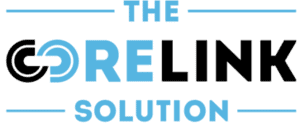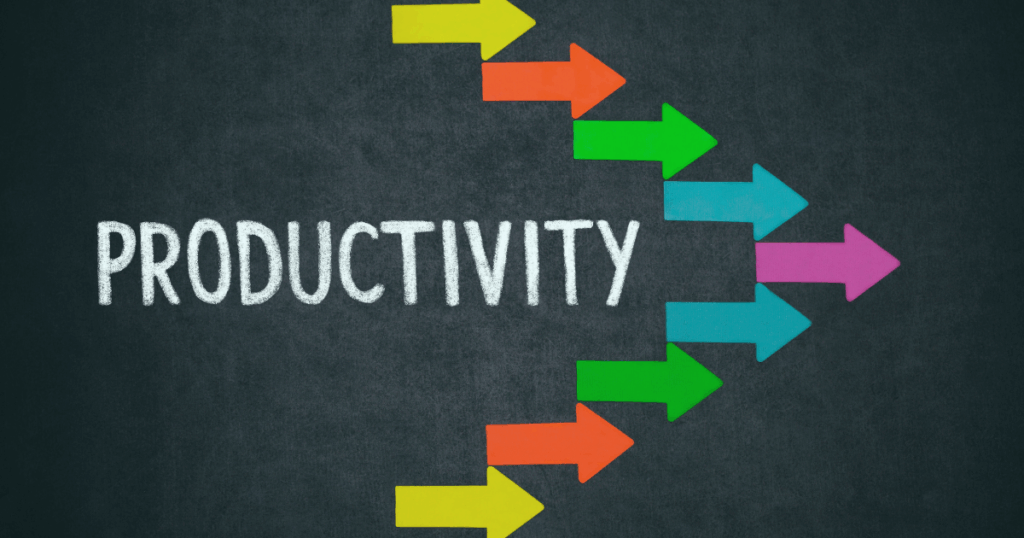5 Signs You Need a Digital Detox (& 6 Ways To Do It Today)
Do you need a digital detox?
It’s 11 p.m., and you tell yourself you’ll scroll on TikTok for “just five more minutes.” Before you know it, an hour has vanished, and tomorrow’s morning meeting—or lecture—suddenly feels impossible to face. If that sounds familiar, you’re not alone. From college students balancing classes and part-time jobs to working professionals juggling endless emails and Slack notifications, our relationship with digital devices has quietly taken over nearly every corner of life.
That’s where the idea of a digital detox comes in. A digital detox isn’t about throwing your phone away or deleting every app you love—it’s about taking intentional breaks from digital media to reset your mind, reduce stress, and reconnect with the real world. Think of it as hitting “refresh” for your mental and emotional health. The good news? Anyone can start, and even small steps can make a huge difference.
What Is a Digital Detox?
A digital detox is a conscious decision to step away from screens—smartphones, laptops, tablets, even TVs—for a set period of time. According to WebMD, it’s about “unplugging” to restore balance, reduce distractions, and lower stress. But unlike crash diets or radical cleanses, this isn’t an all-or-nothing approach.
You don’t need to swear off technology forever. In fact, most people find success by setting boundaries: maybe no phone use during meals, or reserving weekends for offline activities. A digital detox helps you:
- Reclaim attention and focus.
- Improve sleep quality.
- Strengthen in-person relationships.
- Protect your mental health.
In short, it’s not about abandoning the digital world—it’s about learning how to manage it better.
Why Do We Need a Digital Detox?
Technology has brought incredible benefits: instant communication, global connection, and unlimited entertainment. But the side effects are real:
- Brain overload. According to Health.com, endless scrolling triggers a flood of dopamine, leaving us craving more but feeling emptier.
- Reduced productivity. Notifications interrupt workflow, forcing your brain to constantly “task switch,” which lowers efficiency.
- Mental health strain. Studies cited by Verywell Mind show that heavy social media use can increase anxiety, loneliness, and feelings of inadequacy.
- Sleep disruption. Blue light exposure from screens delays melatonin production, making it harder to fall and stay asleep.
Whether you’re a student struggling with focus while studying or a professional losing precious family time to email pings, the constant digital pull impacts nearly everyone.
Signs You Might Need a Digital Detox
How do you know if it’s time to unplug? Look out for these red flags:
- You check your phone within 5 minutes of waking up.
- A quick scroll turns into hours lost.
- You feel anxious or restless when you don’t have Wi-Fi.
- Sleep is cut short because of late-night screen time.
- In-person conversations feel less engaging than what’s happening online. If any of these resonate, your brain is asking for a break.
Practical Ways to Start a Digital Detox
- Define Your Boundaries
Instead of quitting cold turkey, start small. For example: no screens during meals, or turning your phone off an hour before bed. These simple rules make it easier to stick with your detox.
- Schedule “Phone-Free” Zones
Pick certain places where devices aren’t allowed—your bedroom, the dinner table, or even your morning commute. According to Everyday Health, creating tech-free zones helps reduce mindless scrolling.
- Try “App Fasting”
Delete one or two apps that consume the most time. For many, this means TikTok, Instagram, or Twitter. If deleting feels extreme, log out so it takes more effort to check them.
- Replace Screen Time with Real Activities
Swap out scrolling with hobbies that engage you—reading, cooking, journaling, or exercise. The key isn’t just removing tech, but filling that space with life-giving alternatives.
- Embrace Digital Minimalism
Curate your feeds. Unfollow accounts that drain your energy and keep only the ones that inspire or inform. This lowers the “noise” without requiring you to fully unplug.
- Use Tech to Beat Tech
Yes, you can use technology to fight itself. Apps like Forest or Focus@Will limit distractions by blocking social media or rewarding you for staying off your phone.
The Benefits of a Digital Detox
- Improved Mental Health
Detoxing can lower stress, anxiety, and feelings of inadequacy fueled by social comparison. You start to feel more present and less reactive.
- Better Sleep
No more doomscrolling at midnight. By limiting screens before bed, your body gets back into a healthier sleep rhythm.
- Productivity and Creativity Boosts
Without constant pings and notifications, your brain finally has space to think deeply. Many report feeling more creative and motivated after just a few days.
- Stronger Relationships
When you’re not glued to a screen, conversations get deeper. Whether it’s bonding with friends, spending quality time with family, or even being more attentive at work, your relationships grow.
- Reconnection with Yourself
Perhaps the biggest gift of a detox is clarity. By removing the digital noise, you hear your own thoughts again—what you want, what you need, and where you’re headed.
Tips for Long-Term Success
- Go gradual. Start with one screen-free evening a week, then expand.
- Communicate your plan. Let friends and coworkers know you’re unplugging so they don’t misinterpret your silence.
- Keep devices out of sight. Out of sight, out of mind works wonders.
- Reward yourself. Celebrate progress—whether it’s finishing a book, hitting a fitness goal, or just getting 8 hours of sleep.
- Do a seasonal reset. Just like spring cleaning, commit to a deeper digital detox every few months.
Conclusion
In today’s hyper-connected world, unplugging might feel impossible. But a digital detox isn’t about rejecting technology—it’s about reclaiming control. It’s saying: I choose when and how I engage, rather than letting screens choose for me.
Whether you’re a college student struggling with focus or a professional burned out by endless notifications, even small detox steps can transform your life. Less screen time means more time for sleep, creativity, relationships, and self-discovery.
So, the next time your thumb instinctively reaches for your phone, pause. Ask yourself: Do I really need this right now? That little question could be the start of a healthier, more balanced relationship with technology.
Remember, your phone will always be there. But the moments you miss while staring at it? Those are gone for good. Start your digital detox today—and take your time back.
If this article has inspired you, please subscribe to our newsletter to be alerted when the next piece is released. You can also support the continued creation of this content by making a tax-deductible donation.




